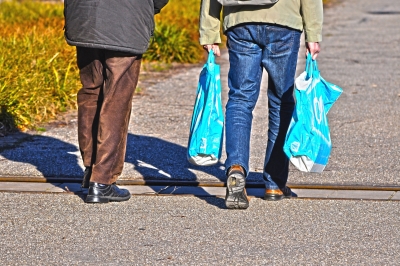
Australia’s Queensland puts new single-use plastic bans into effect
Sydney, Sep 1 (IANS) New single-use plastic bans came into effect from Friday in the Australian state of Queensland, following those introduced in September 2021.
According to the Queensland state government, the list of banned plastic items has been extended to include cotton buds with plastic stems, expanded polystyrene loose packaging, plastic microbeads in rinseable personal care and cleaning products, as well as the outdoor release of lighter-than-air balloons, Xinhua news agency reported.
Extra requirements on plastic shopping bags were also introduced, under which non-woven plastic shopping bags of 35 micron or more thickness need to pass reusability tests for 125 uses and, for the non-compostable ones, contain a minimum of 80 per cent recycled content.
“Plastic products are useful parts of our everyday lives, providing many positive benefits, but plastic pollution is a growing problem when it ends up in the wrong place, impacting the health of our communities, our environment, and wildlife,” said Leanne Linard, Queensland’s Minister for the Environment and the Great Barrier Reef.
“We are working towards Queensland becoming a zero-waste society, where waste is avoided, reused, and recycled to the greatest extent possible,” the Minister noted.
On September 1, 2021, Queensland commenced its ban on the supply of single-use plastic items, including straws, stirrers, plates, bowls, cutlery and expanded polystyrene takeaway food containers and cups.
Data from World Wide Fund for Nature-Australia showed that there are 3.5 million tonne of plastic consumed annually across Australia, of which 130,000 tonne leak into the marine environment.
The conservation organisation estimated that one million tonne of Australia’s annual plastic consumption stem from single-use plastics, which “are beneficial for only a few hours to a few days, but if not recovered and recycled, last hundreds to thousands of years in the environment”.